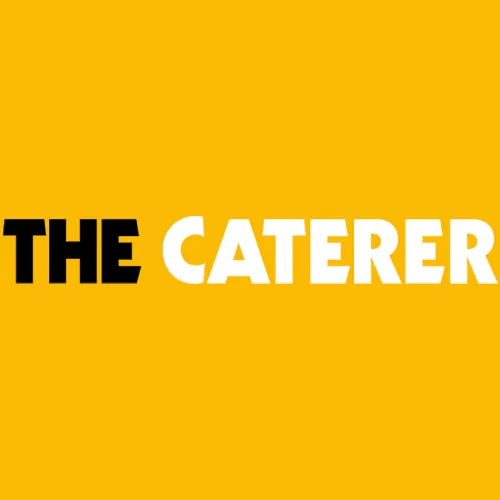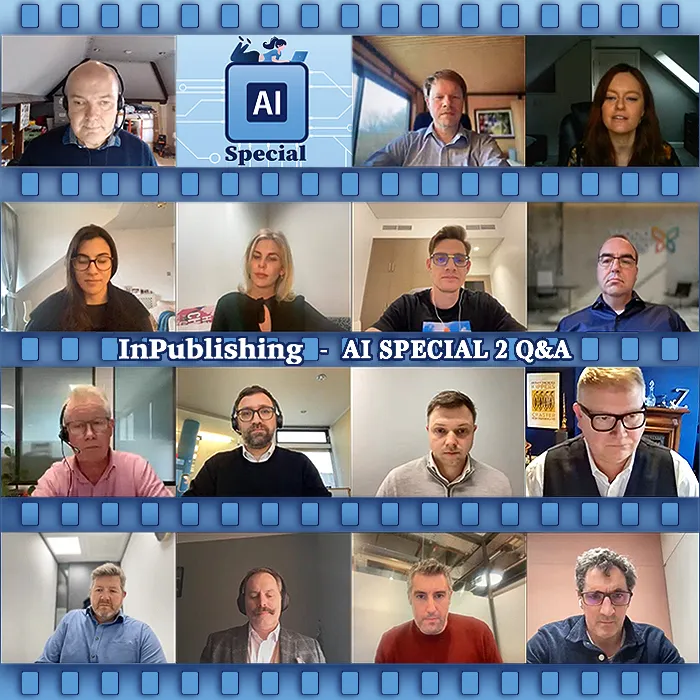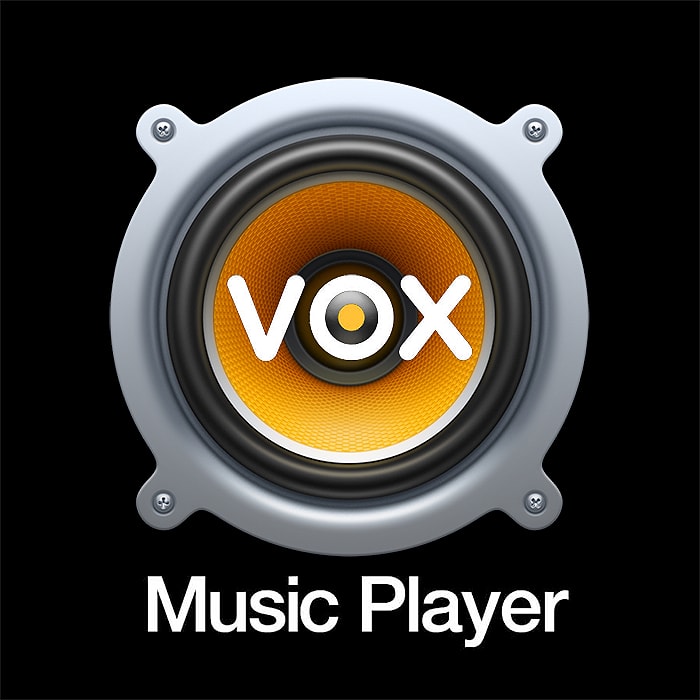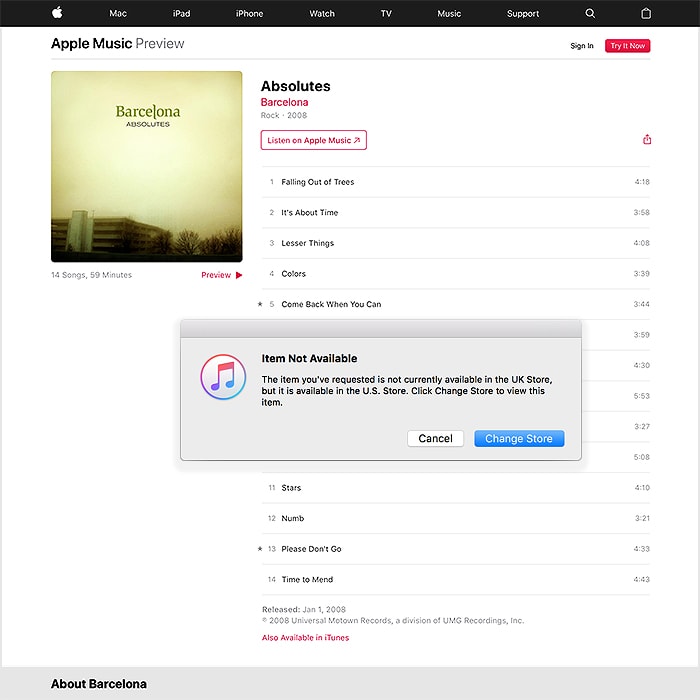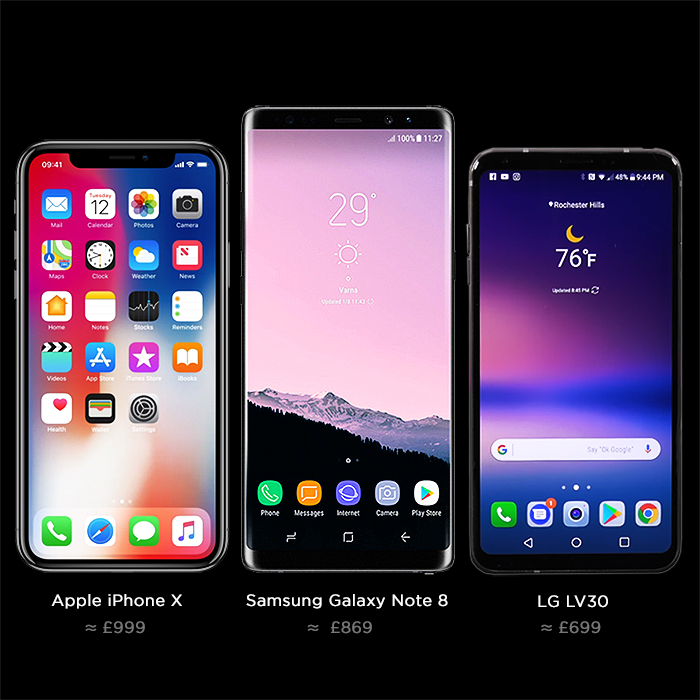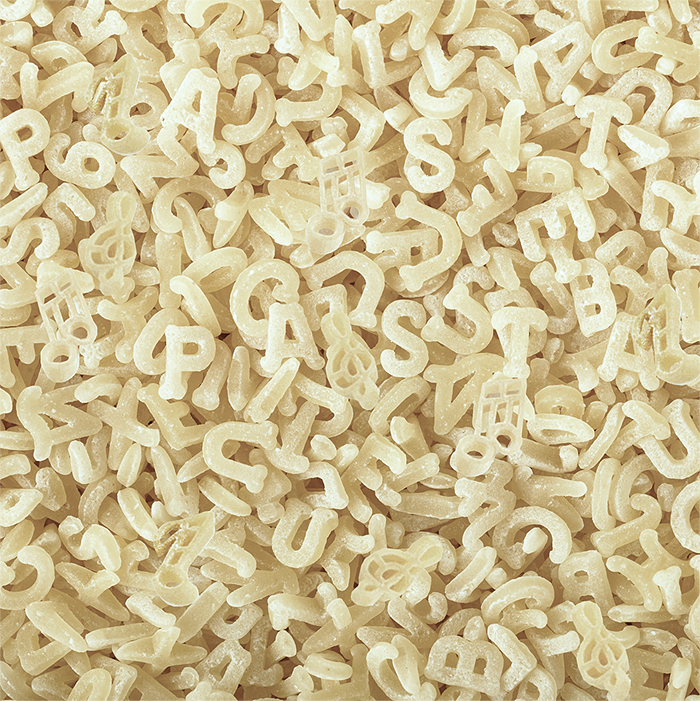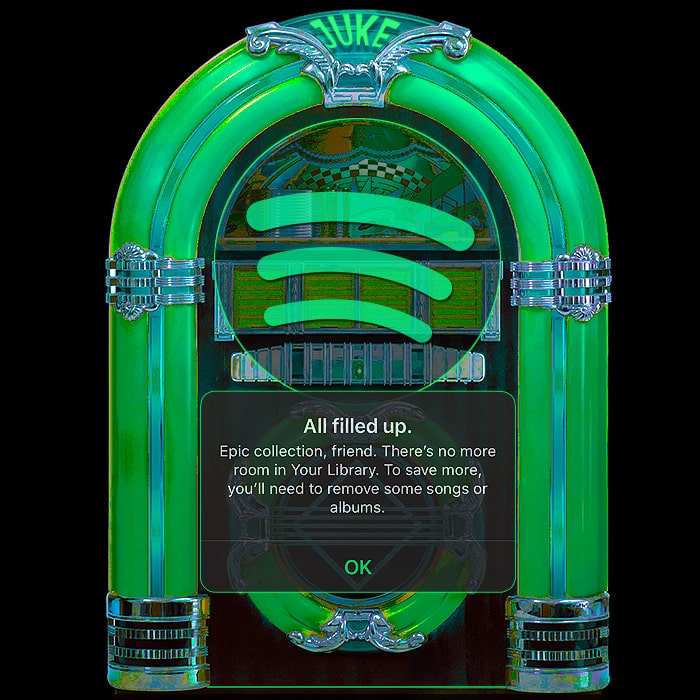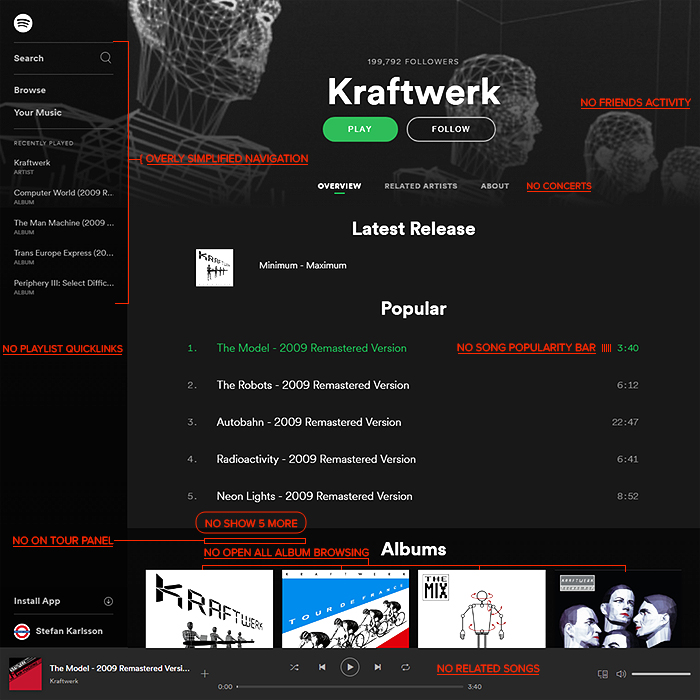Apple pins musical future on Smart Curation

Apple’s recent $3.2 Billion purchase of Beats has been seen as ’extremely generous’ by many industry commentators. As a counter though, a recent article in the Telegraph goes so far as to predict the imminent demise of Spotify in the face of this acquisition - somewhat erroneously claiming that the only thing left to Spotify is to sell itself to a similarly large benefactor (e.g. Google / Facebook}.
We all know that iTunes revenues have been falling in the face of competition from both music and video streaming services (e.g. Spotify and Netflix). Apple launched iTunes Radio in the USA in September 2013, but it has so far failed to gain any significant traction vs industry leaders Spotify, Pandora, Grooveshark and Deezer - hence leading to a key reason for acquiring Beats + Beats Music.
Apple’s justification for the high purchase price on Beats rests on their claims that Beats Music’s unique combination of Curation, Narrowcasting and Playlists is the future of music consumption. For Curation and Narrowcasting read ’specialist radio’ - for which there are already dozens of apps, and music is available for free - albeit some is ad-supported. Beats ’Genres’, ’Activities’ and ’Curators’ are in essence a simplification of music consumption into a limited number of smartly tagged streams - which is kind of what Apple likes to do with its own offerings. The detractors will claim that this is a dumbing down / marginalisation of music taste-making, while its supporters proclaim it as a smart value-added service.
Apple’s key rationale is that your typical music fan is semi-ignorant and ’uncool’, and needs Beats Music’s army of 200+ Curators (DJs and industry players) to tell them what it’s cool to listen to and when within their chosen genres. You could argue that Spotify already has this covered via its 100+ dedicated apps, which are essentially playlists curated by DJs, Labels, music media - e.g. Pitchfork and the like. Beats Music’s approach is more simplified and more appealing to what I call ’skimmers’ or more casual listeners.
I personally have always loved Spotify, and have been a Premium Subscriber of that service pretty much from the start. However, as a high-level music consumer, Spotify has never been enough - and I use it primarily for music discovery. I like to have my own collection / playlists constantly available on-tap - offline as well as online. This means utilising a number of different download services - iTunes included, and Beatport, Juno Download, Bandcamp and other more specialist purveyors - like mixtape specialists DatPiff. The typical journey for new music is via demo to self-release, then smaller independent labels and up the scale until a major finally sees dollar signs and releases with publicity support. Most new music never makes it onto the radar of the musical bigwigs, and like commercial radio, commercial playlists are dominated by mostly the same 100 songs for long periods.
Beats Music’s approach is nothing new really, but then you could argue neither were their phenomenally successful headphones particularly. But Beats certainly has a knack for applying a layer of gloss and added promotional and packaging appeal. Whether this glossy appeal transfers from music accessories to music consumption is another matter entirely. As a fairly ecclectic music fan, I for one don’t particularly like being told what to like. I admire that organisations like Pitchfork are independent, and I like the fact that Spotify is still independent.
To allow music industry types to control our music consumption is a bad scenario for me - allowing the Simon Cowells of the world to masquerade as taste-makers while still peddling their own products. I think it’s in everyone’s interests that Spotify remains independent and continues to offer the broadest catalogue possible. There are 1000’s of mini curations of Spotify via their various playlists embeds and apps - and Spotify’s appeal should continue to be broader than Beats Music.
Competition is always healthy, and the record labels don’t like to put all their eggs in one basket - otherwise the collective bargaining power of someone like Apple would become too strong. I personally feel Apple overpaid a smidge based on the streaming service, but they will make it up via extending the range of musical accessory products. The Telegraph seems somewhat misguided in its stance against Spotify - I still believe Spotify can thrive independently, and it’s in the interest of the various record labels to ensure that Spotify stays independent as much as it can. What I certainly don’t want to see is too many exclusives appearing on one service vs another like we currently have on Netflix vs Amazon Instant Video - which kind of forces consumers to subscribe to both / multiple services - in the old days you could pretty much order any video at Blockbusters and any record at HMV - you did not have to shop across stores / platforms to get the full spectrum of what was available - I sincerely hope music does not get much more fragmented.
As for Curation being the future of music - to some extent it always has been. Popular music has always had a charts and DJs influence from the earliest times. There’s a larger question whether Beats’ particular flavour of curation is the future of music, and how it can take customers away from existing streaming platforms. One route obviosuly holds more appeal for casual listeners, it’s really a question of how the numbers will shape up eventually. There’s no reason why Spotify can’t package its offerings similarly via a new app or optional interface - Amazon and Google have still to make a concerted play for this particular marketplace - this battle is far from over ...

Did you find this content useful?
Thank you for your input
Thank you for your feedback
Upcoming and Former Events
Affino Innovation Briefing 2024
Webinar - Introduction to Affino's Expert AI Solutions - Session #2
Webinar - Introduction to Affino's Expert AI Solutions - Session #1
PPA Independent Publisher Conference and Awards 2023
Meetings:
Google Meet and Zoom
Venue:
Soho House, Soho Works +
Registered Office:
55 Bathurst Mews
London, UK
W2 2SB
© Affino 2025

